On-Page SEO
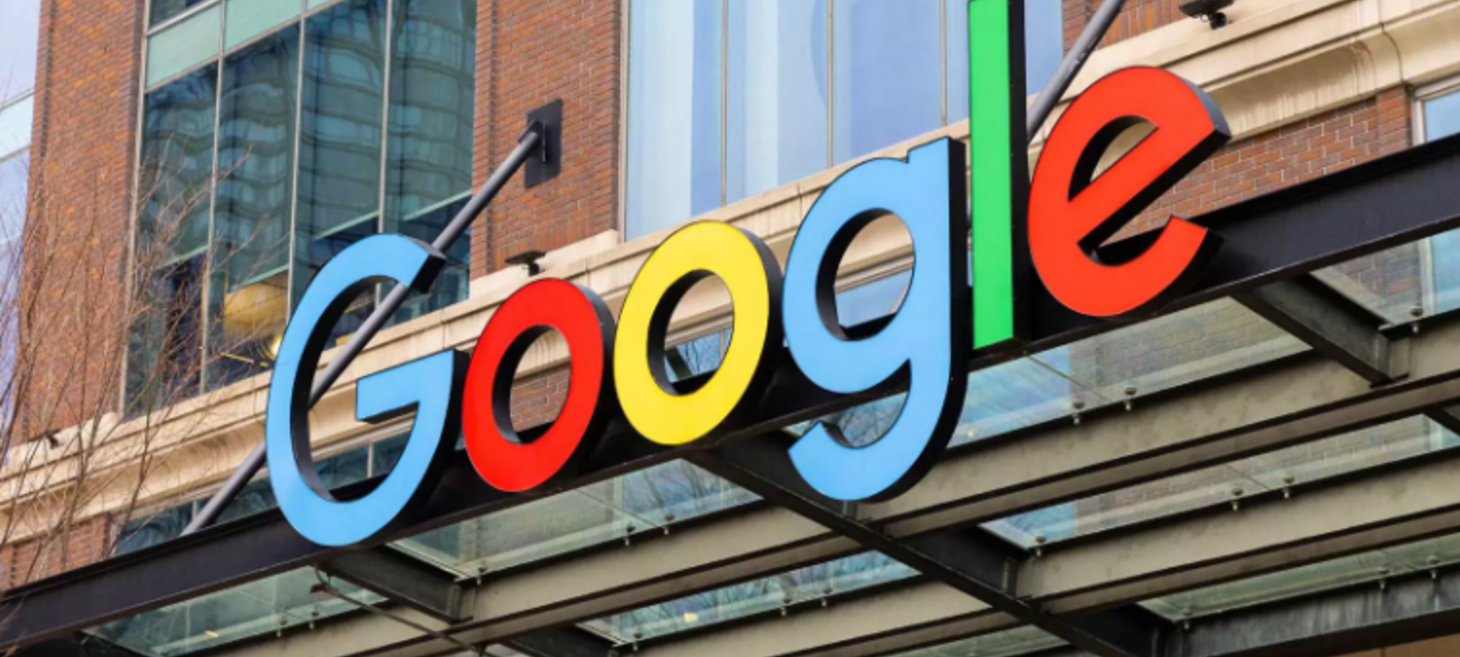
Google On Negative Authorship Signal And Mini-Site Reputation
At the recent Search Central Live NYC event, Danny Sullivan discussed what happens when a site begins publishing vastly different content on a site and how that may affect rankings, introducing the concept of a mini-site as a metaphor for dividing the reputation of a site. He also discussed the concept of negative authorship authority, which some SEOs believe follows authors from penalized websites and can negatively affect the other sites they publish on.

Blogging for AI: Creating Content for LLMs and Modern Search
Blogging today requires a different mindset. Instead of just writing, think of it as having a conversation about the topic—go deep and get specific. There’s no way around this anymore. Targeting low-search-volume keywords with conversational-style content is the key.
And by “conversational,” we don’t just mean a casual, friendly tone. It’s about structuring your content like a real discussion—anticipating questions, addressing related points, and covering the topic naturally as if guiding the reader through it.
Technical SEO

AI visibility: An execution problem in the making
The fundamentals of SEO haven’t changed. You still need technical access, content clarity, and external credibility.
But the requirements inside those pillars are evolving fast. AI-driven discovery systems are now shaping how your brand is surfaced, trusted, and recommended.
Do exact match domains have value in 2025?
In the early days of SEO, owning an exact match domain (EMD) was like holding a cheat code. If someone searched for “siamese kittens,” you could bet that siamesekittens.com would be sitting pretty at or near the top of the search results.
The algorithm heavily weighted the presence of keywords in the domain, and for a while, that simple trick delivered serious ROI.
But it’s 2025 now.
AI has reshaped search, large language models (LLMs) are rewriting how answers are generated and delivered, and the rules of the game have changed. So, what role – if any – do exact match domains still play?
Off-Page SEO
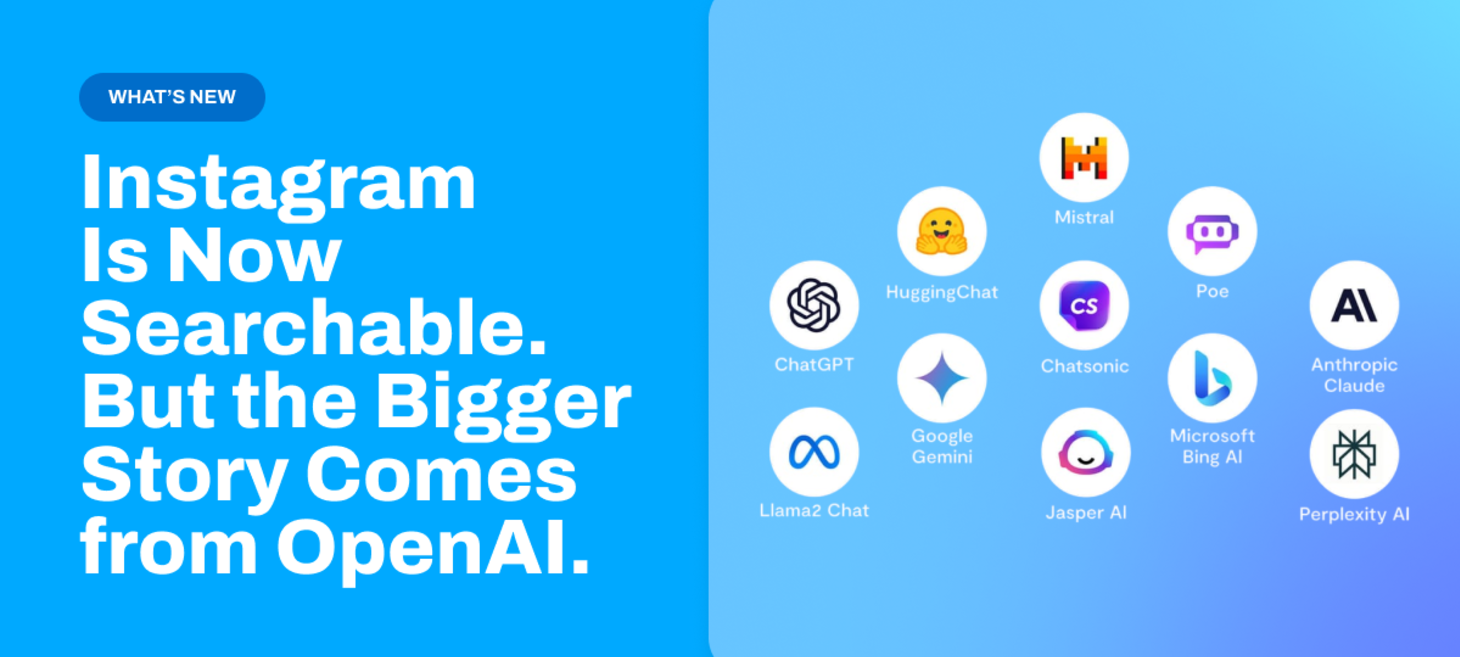
Instagram Is Now Searchable. But the Bigger Story Comes from OpenAI
Sometimes our industry crawls. Sometimes it sprints. Last week? It catapulted.
If you’re a brand, marketer or anyone relying on SEO and social for survival, buckle up. The lines between search engines and social media just blurred in a way we’ve all been waiting for - and maybe dreading.
Here are digital marketing updates you can’t afford to sleep on.

Reddit Karma In 2025: Why It Matters More Than Ever
Reddit Karma has evolved far beyond a simple upvote tally.
It plays a central role in how content spreads, how trust is earned, and how visibility is gained, especially for brands.
With Reddit’s monetization programs and algorithmic surfacing now tightly tied to karma, it has become a built-in vetting system that shapes who gets seen, who gets trusted, and who gets access to Reddit’s most valuable communities.
If you’re a brand trying to earn influence on the platform, understanding karma isn’t optional anymore. It is the first filter between your content and the audience you’re hoping to reach.
Local SEO

Google updates local ranking documentation
Google has made several changes to its local ranking documentation. The changes look to simplify the wording on the page, and it is unclear if these wording changes signify any changes to how Google local rankings work.

Using Local Business Partnerships And Collaborations To Build Authority And Visibility
All businesses, large or small, must establish a level of authority for the products and/or services they offer in the minds and hearts of their target audience if they expect to convince them to engage and buy.
This universal marketing truth plays out daily for small businesses looking to capture the attention of local customers through a variety of local SEO strategies.
Ecommerce SEO

Google Clarifies Structured Data Rules For Returns & Loyalty Programs
Google has updated its structured data documentation to clarify how merchants should implement markup for return policies and loyalty programs.
The updates aim to reduce confusion and ensure compatibility with Google Search features.
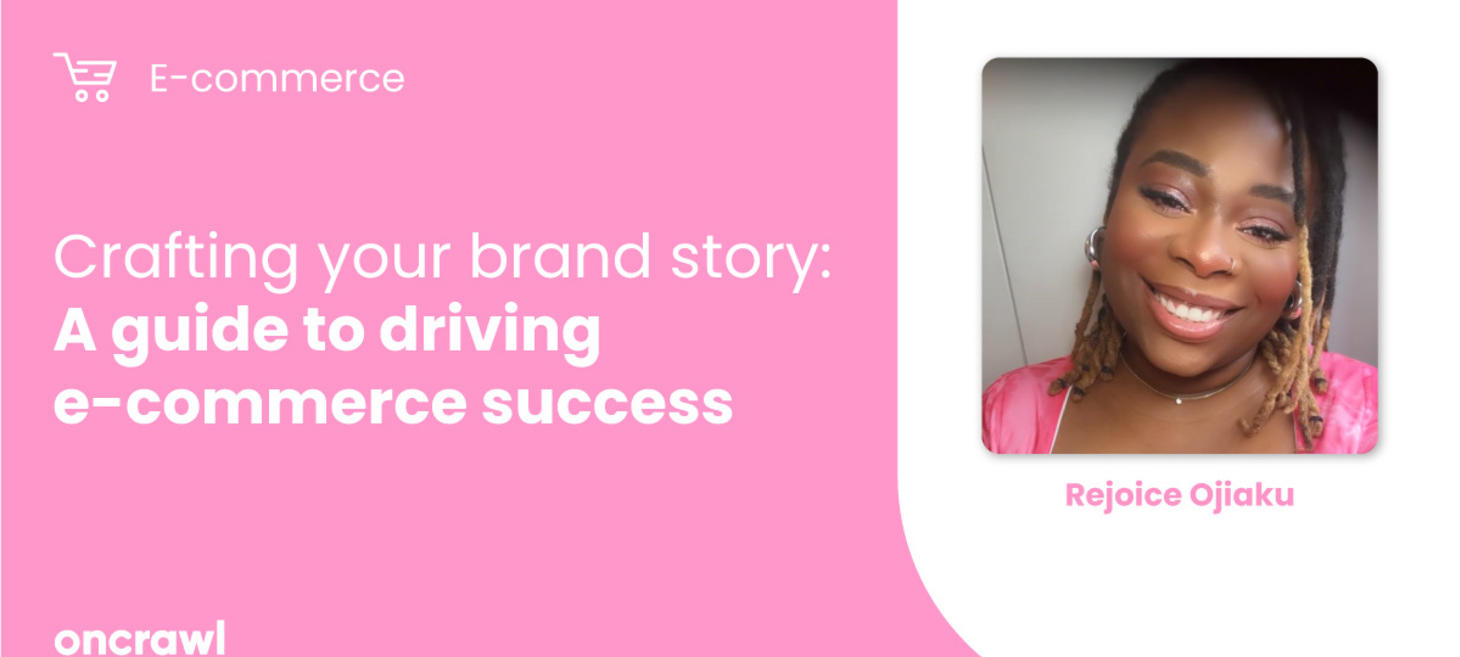
Crafting your brand story: A guide to driving e-commerce success
In today’s competitive landscape, successful e-commerce isn’t just about products and prices—it’s about telling a compelling brand story that resonates with your audience.
For e-commerce storytelling, the goal is to determine how to explain and share your brand’s unique narrative to your audience.
However, unlike traditional storytelling that’s meant for entertainment purposes, e-commerce storytelling is geared towards selling your product, building your brand visibility and creating brand loyalty.
By aligning your SEO strategy with your brand identity, you can create an authentic online presence that drives meaningful engagement and sustainable growth.
Search Engine Advertising (PPC)

Breaking Into New Markets With PPC: Key Considerations
PPC can play a key role in market expansion, but it’s not a market entry strategy, which it can often get confused with.
This post explores how paid search fits into a go-to-market strategy and what brands need to consider when launching in a new market, from media modeling to localization, brand building, and more.

The Strategy Gap: Social Video Is Not PPC Video
To compete in today’s attention economy, PPC video needs its own strategy that is built from the ground up with performance in mind.
This article explores why CMOs and senior marketers must treat video as a creative asset, that is, a conversion-driven engine and platform-specific.
Google Ads (Search Network)

Google Ads brand settings: What you need to know about inclusion & exclusion
Today, we’re exploring Google Ads brand settings, specifically brand inclusion and brand exclusion for Search and Performance Max. We’ll cover:
- What is Brand Inclusion in Google Ads?
- When should you use Brand Inclusion for Search?
- What is Brand Exclusion in Google Ads?
- When should you use Brand Exclusion?
- How to create and manage brand lists for brand settings
- Should you use Brand Settings in Google Ads?
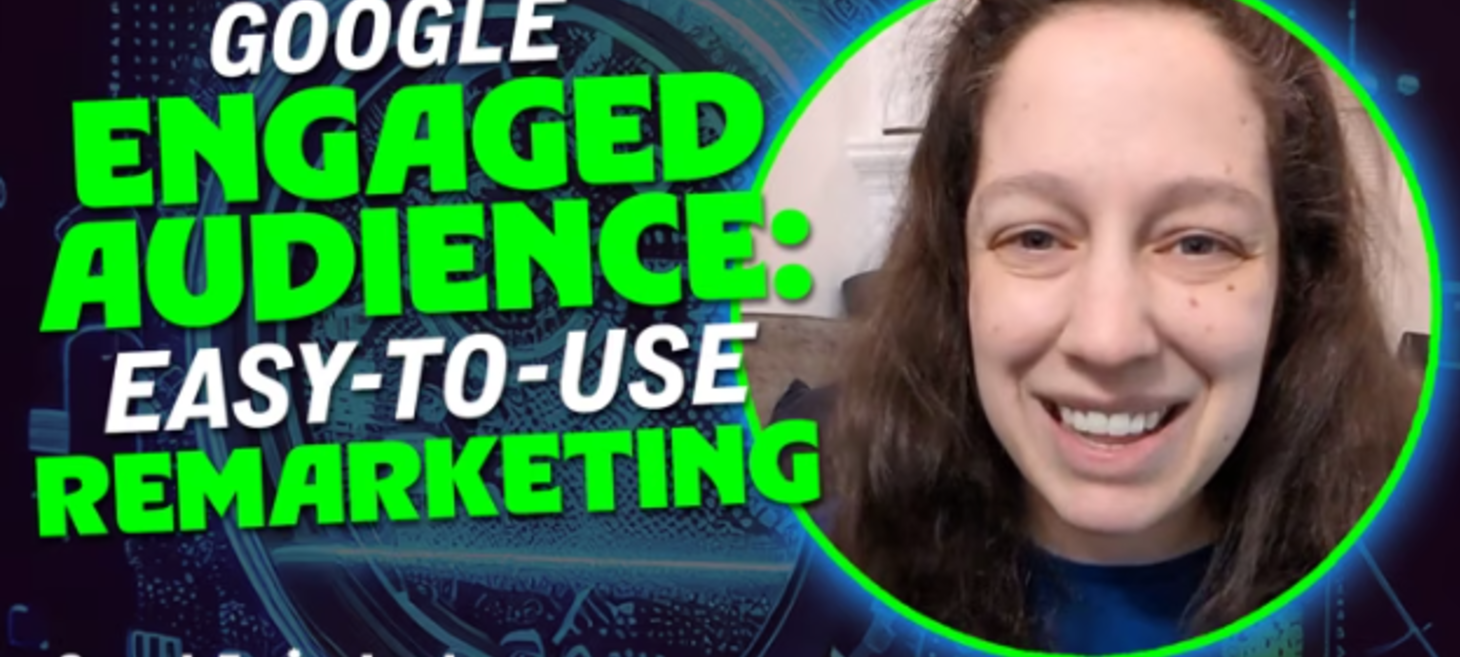
Google Ads made simple: Leveraging engaged audiences
Welcome to the wonderful new world of Google-engaged audiences, a new type of remarketing that you should absolutely be paying attention to.
This article will cover:
- What is a Google-engaged audience?
- What’s so great about your Google-engaged audience?
- What are the limitations of Google-engaged audiences?
- Google-engaged audiences are perfect for small business owners
Microsoft Ads (Bing Search Network)
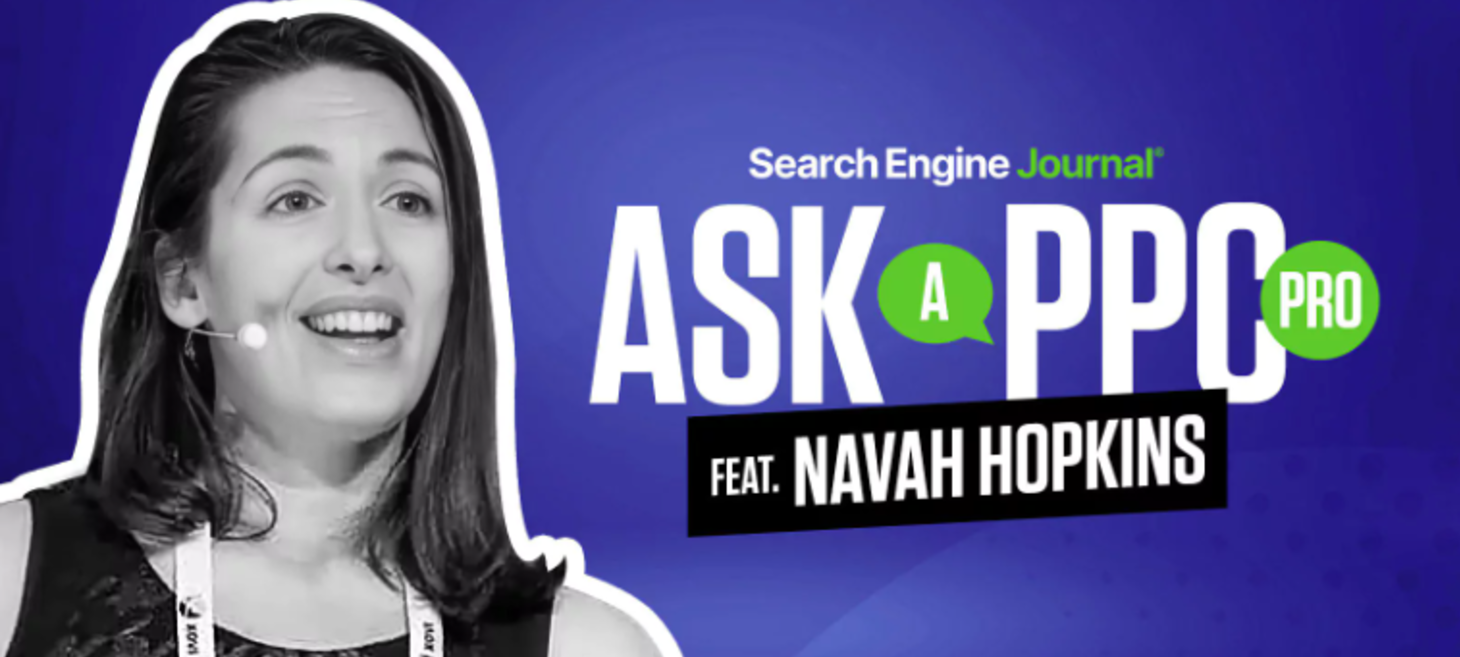
Ask A PPC: How To Make Microsoft Advertising Profitable
In this post, I’m tackling two core areas: First, I’ll walk through common complaints I’ve seen in conversations and client experiences. Second, I’ll highlight what profitable Microsoft Advertising accounts have in common.
While this was originally shared in 2025, Microsoft Advertising regularly updates and expands its tools. The core ideas and strategies discussed here remain useful, even as specific features evolve.

Microsoft is consolidating TCPA/TROAS into Max Conversion and Max Conversion Values
Microsoft Advertising is retiring Target CPA and Target ROAS as standalone bidding strategies for new campaigns, effective August 4th. Advertisers will instead use Maximize Conversions or Maximize Conversion Value, with the option to set target values. Existing campaigns using the legacy strategies will continue to run without disruption.
The update also removes those options from campaigns that aren’t already using them.
Google Shopping

Google Shopping ad clicks surge 18% in Q2 as Amazon, Temu pull back
Shifts in the competitive landscape (e.g., Amazon, Temu, and Shein pulling back) have created rare openings in Google Shopping auctions, leading to lower CPCs and higher click growth. Performance Max now accounts for 59% of Google Shopping spend, up from 53% last quarter, making it still a dominant force in retail advertising
Additionally, Microsoft’s surge in cost-effective traffic shows it’s becoming a more valuable channel, especially as Google text ads continue to underperform.
Google Shopping now shows 'Price at Checkout'
Google has begun showing the ‘Price at Checkout’ within Google Shopping listings, both for paid ads and organic results.
Merchants who alter prices at checkout risk suspension from Google Shopping, but this new feature provides an added layer of clarity for users.
YouTube Ads
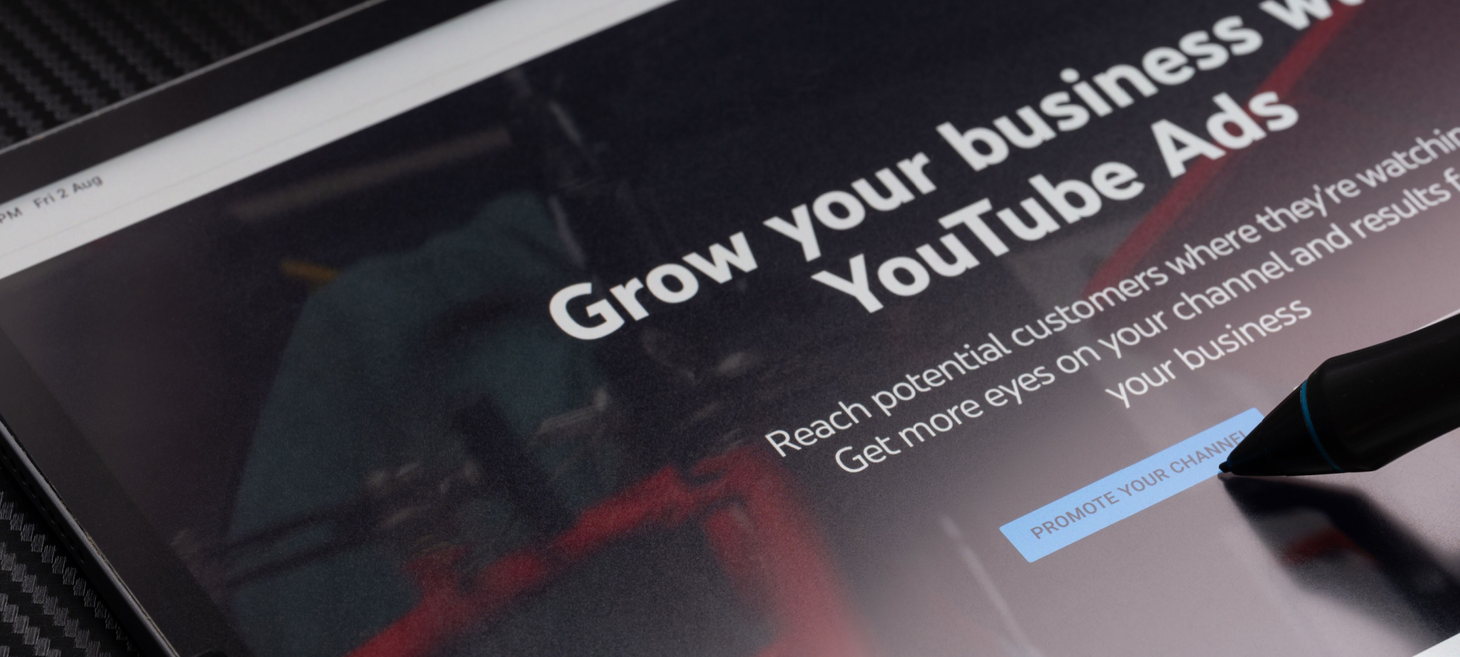
3 ways to make sense of YouTube’s messy attribution
With better tools, smarter data use, and a clearer understanding of how people actually interact with video, attribution on YouTube is more achievable than ever.

YouTube Clarifies Monetization Update: Targeting Spam, Not Reaction Channels
YouTube has responded to concerns surrounding its upcoming monetization policy update, clarifying that the July 15 changes are aimed at improving the detection of inauthentic content.
The update isn’t a crackdown on popular formats like reaction videos or clip compilations.
AI-Driven Search
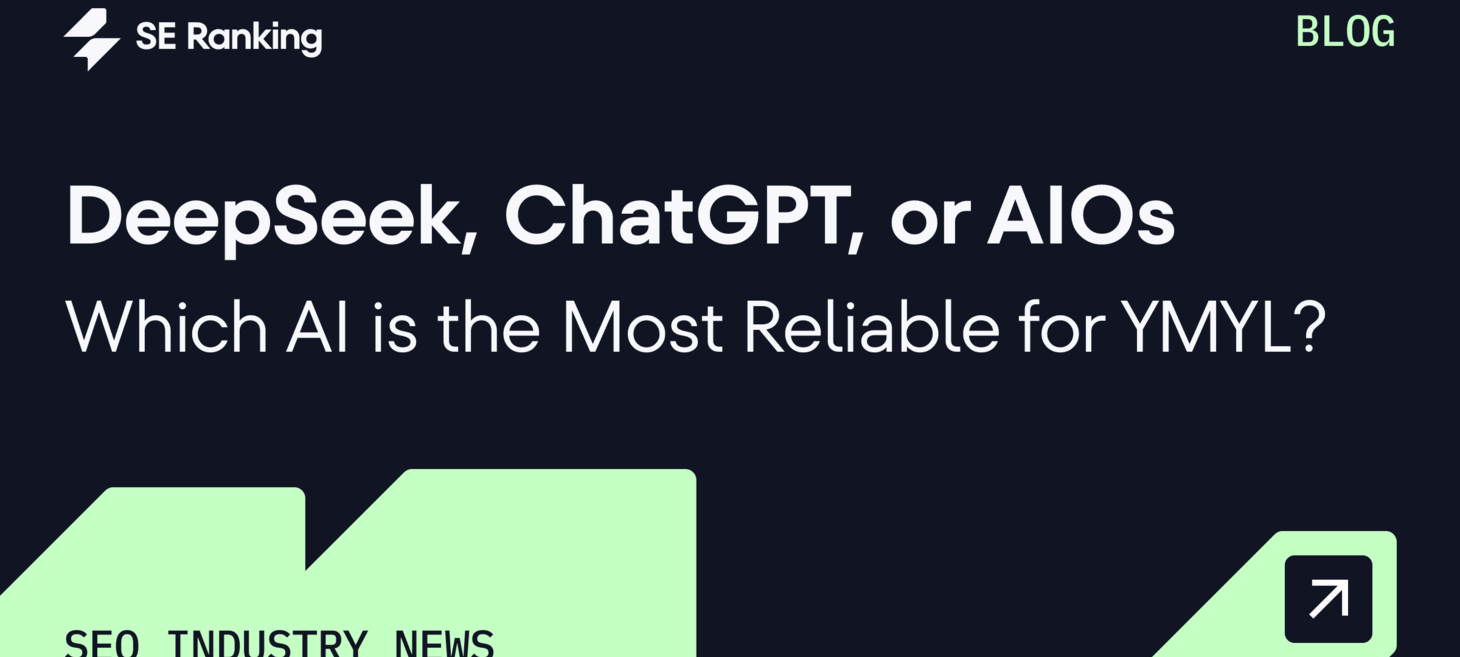
DeepSeek vs. ChatGPT vs. AI Overviews: YMYL Research Study
In January 2025, DeepSeek introduced its DeepSeek-R1 model, quickly gaining attention for its advanced AI capabilities and open-access approach.
Following its rising popularity, growing user base, and frequent comparisons with other market leaders, we conducted a study comparing the quality of results between DeepSeek and ChatGPT’s search feature (SearchGPT). We also compared its results with Google AI Overviews (AIOs). The primary focus of this analysis was to assess each model’s performance in YMYL (Your Money or Your Life) topics. This encompassed content in the health, politics, finance, and legal niches.

Future-Proofing WordPress SEO: How To Optimize For AI-Driven Search Features
Search is changing. I hate saying that (again) because it feels cliche at this point. But, cliche or not, it is true and it is seismic.
With the rollout of AI Overviews, Bing Copilot, and conversational search interfaces like ChatGPT and Perplexity, SEO is no longer just about traditional rankings; it’s about representation and visibility.
Content Marketing

Google Explains SEO Impact Of Adding New Topics
Google’s Danny Sullivan discussed what happens when a website begins publishing content on a topic that’s different from the one in which it had gained a sitewide reputation. His comments were made at Search Central Live NYC, as part of a wide-ranging discussion about site reputation.
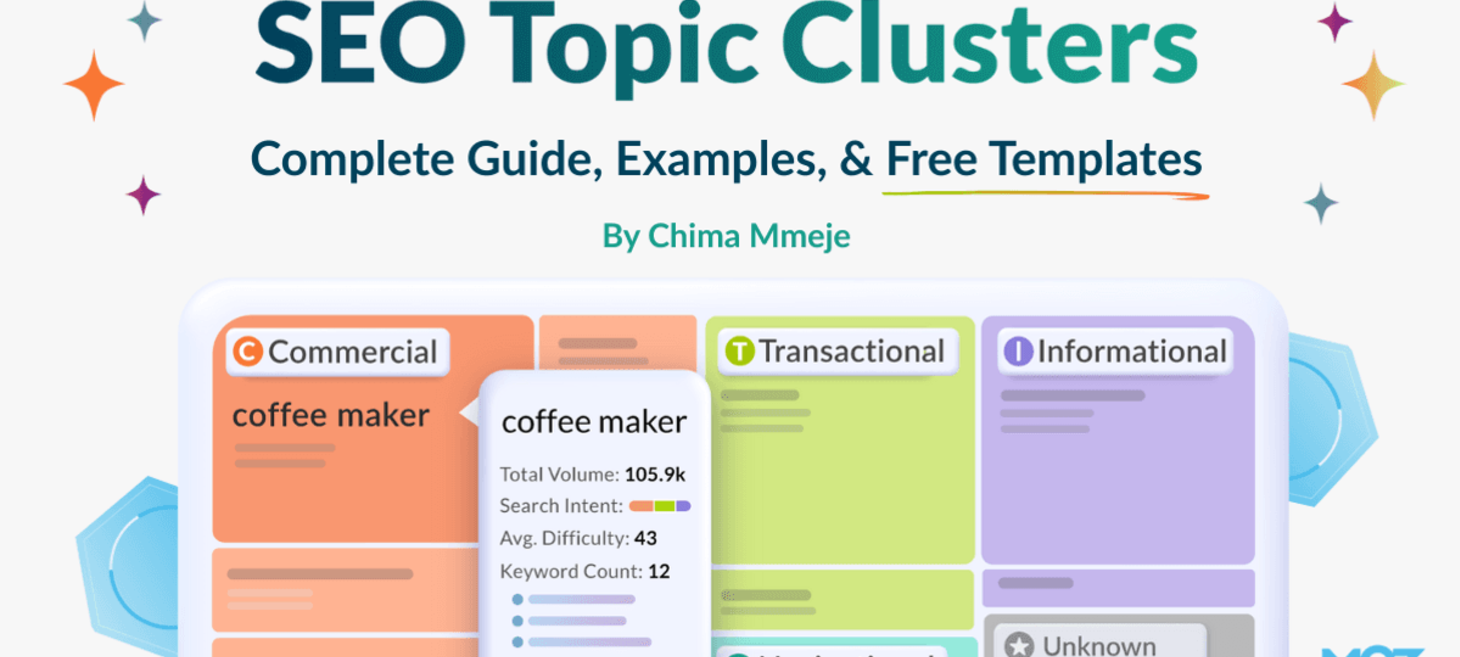
SEO Topic Clusters: Complete Guide, Examples & Free Templates - Moz
In content marketing, content should never exist in silos.
When it does, it becomes harder to organize your site, build internal links, and scale content effectively. You risk creating duplicate content, and search engines also struggle to recognize your authority across a topic.
At Moz, I’ve helped build product-led topic clusters that solve these issues. Creating topic clusters helps us rank for broader topics, increase conversions, and drive consistent organic traffic without creating more content than we need.
In this guide, I’ll show you how to build topic clusters from scratch. You’ll get templates, workflows, and a repeatable process you can use to build topical authority that lasts.
Digital PR / Link Earning

Why PR is becoming more essential for AI search visibility
Public relations (PR) is no longer just a supporting tactic, it’s becoming a core strategy for brands looking to stay visible in the age of AI search.
AI-powered search engines increasingly rely on brand mentions, reputation, and authority signals pulled from across the web – areas where PR excels.
In this new landscape, the question isn’t whether PR matters to search – it’s how much it now leads the charge.

Link building in 2025: 12 ways to win or fail
As search engines continue to evolve, so too must our approach to link building.
In 2025, the focus has shifted more than ever toward quality over quantity, prioritizing authoritative, relevant backlinks from trustworthy sources.
This article outlines 12 essential dos and don’ts for effective link building, covering the most common pitfalls to avoid and the proven strategies that drive SEO success.
Brand Awareness

Why Brand Authority Should Be Your New North Star
SEOs have long complained that Google favors big brands.
It’s possible Google favored big brands because it was the “easy” route; if you decide any content created by a brand name is great (despite whether it is actually great), you can rank it and call it a day rather than having to parse through thousands of pages from “no-name” sites and worry which should claim the top spot. The odds are that when a respectable name is behind the content, it’s probably half-decent.
This (alleged) oversimplified approach harmed many undeserving sites along the way. But there’s an important marketing lesson to be learned here.
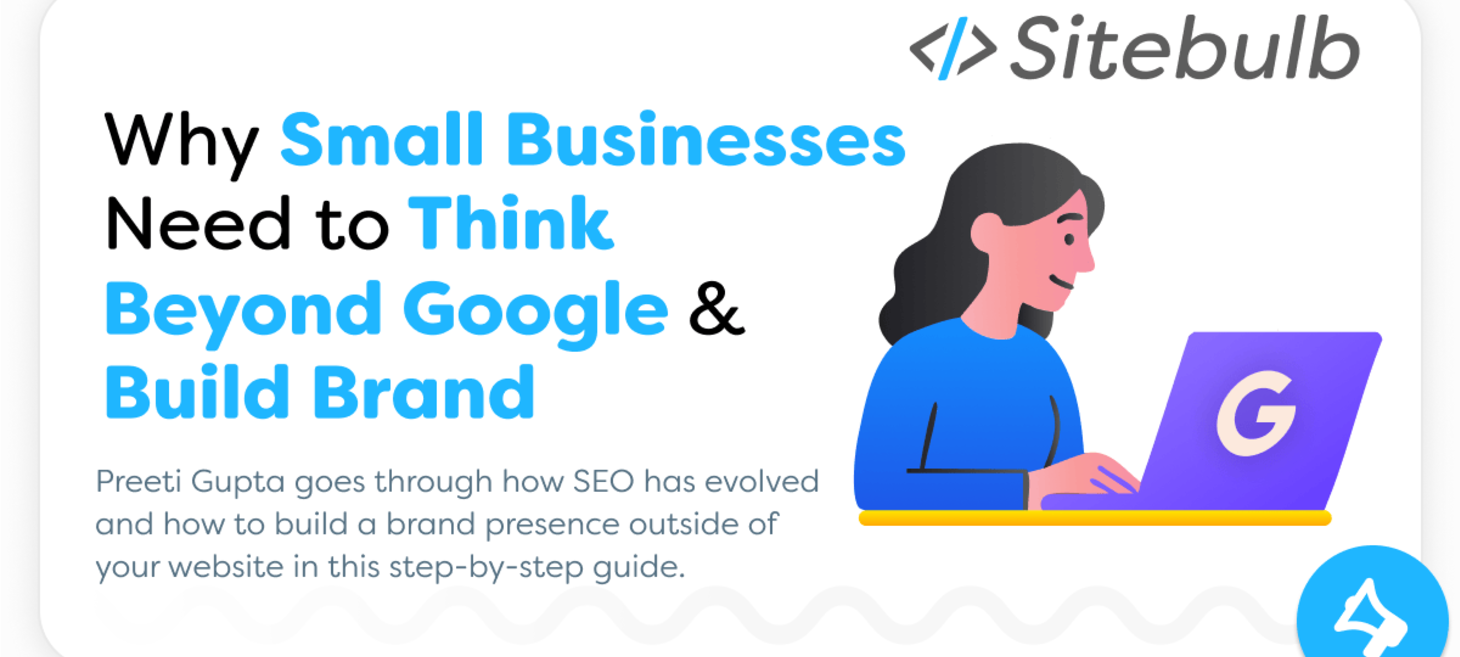
Why SMBs Must Think Beyond Google & Build Brand
Think about the last time you searched for something online. Whether it was buying a small kitchen oven, learning technical SEO, or getting personalized advice, where did you go for answers?
Maybe you checked Reddit for opinions, asked ChatGPT for a tailored response, or searched YouTube for a tutorial. The reality is that search has evolved—Google is no longer the only place people go for information.
This article explores why brands need to think beyond Google and meet customers where they actually search. By the end, you’ll have a clearer idea of how to refine your strategy and build a presence across multiple platforms.
Reviews & Reputation Management

Rethinking Your Customer Review Strategy
This is the first article in a two-part series, in which I’ll discuss the culture, context, and customer experience behind reviews. Part two covers the future role of reviews in creating trust signals for people and AI engines.
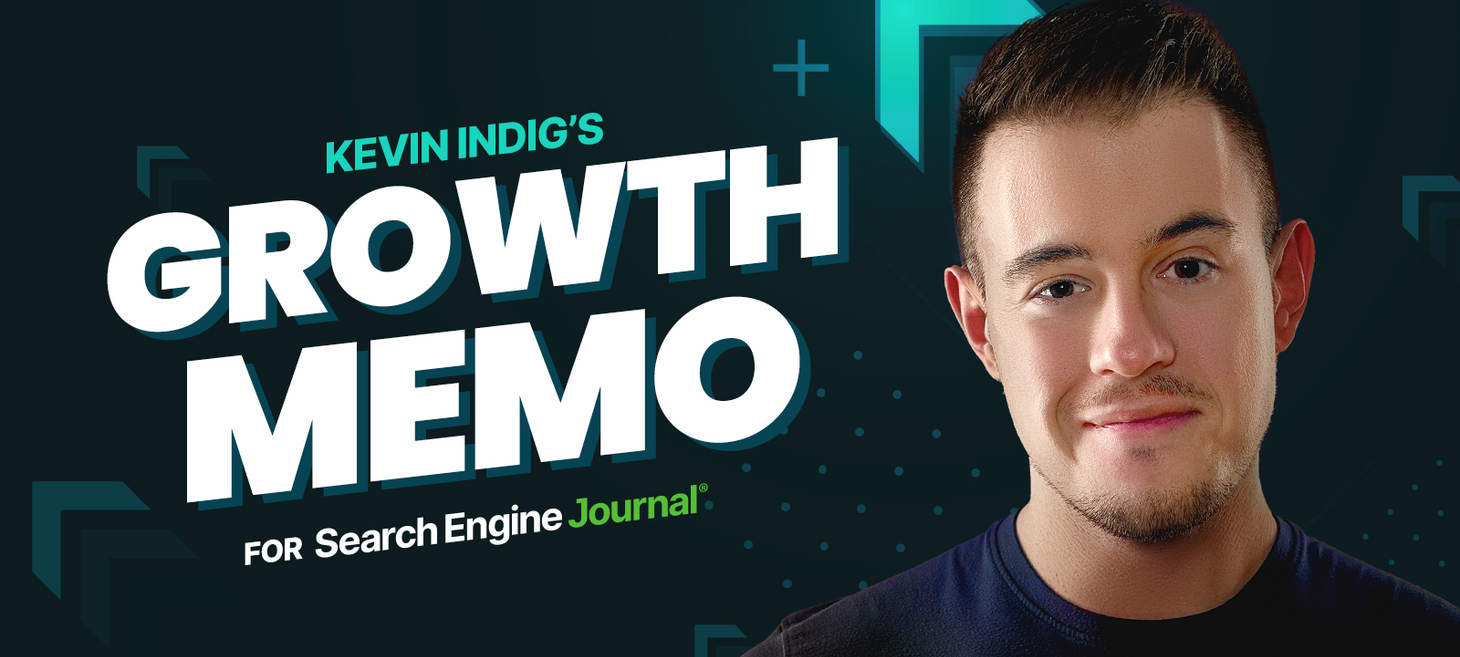
How You Can Track Brand Authority For AI Search
Today’s Memo is a deep dive into a concept that’s often talked about (but rarely measured well): Brand authority. In this issue, I’m unpacking:
- What brand authority really is, and how it’s different from topical authority.
- Why brand search volume is the strongest predictor of AI chatbot mentions.
- How Google’s Quality Rater Guidelines frame brand reputation and trust.
- Tactical steps you can take to build and track brand authority.
- A brand-new framework (premium only) for live brand authority dashboards.
